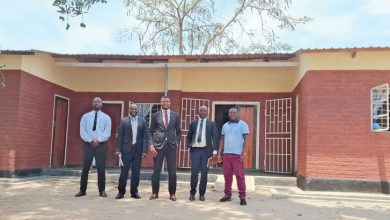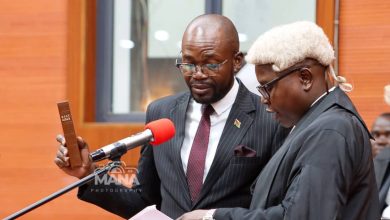Calls mount for SOE reforms
The Economics Association of Malawi (Ecama) says without urgent reforms, State-owned enterprises (SOEs) debt burdens will continue to destabilise the national budget and hinder development.
The sentiments follow a Ministry of Finance and Economic Affairs credit risk assessment showing that the majority of SOEs that are beneficiaries of government guarantees and on-lending arrangements have limited debt payment capacity, exposing the government to higher fiscal costs and risks.

In a written response on Wednesday, Ecama president Bertha Bangara-Chikadza said the fact that highest risk entities use loans to cover operational costs rather than productive investments, indicates chronic cash flow problems.
She said: “Critical issues here are fiscal sustainability concerns because we have built a bailout culture. Recurrent defaults force the government to absorb liabilities, diverting funds from critical sectors strain the budget.
“SOEs contracting debt without the actual delivery or fruits from these are troubling the government because these debts and SOE guarantees will keep on worsening the country’s debt-to-gross domestic debt ratios. Thus, they are a fiscal time-bomb.”
Chikadza urged the Treasury to have strict guarantee criteria and stick to reforms such as profitability benchmarks, anti-corruption audits to exclude high-risk SOEs, restructure SOEs (and introduce cost-cutting measures that do not fund extravagance while not profiting) to reduce reliance on state guarantees.
The assessment was conducted on 10 SOEs between March 2022 through March 2024 and shows that the majority of the enterprises are compelled to use loans to augment working capital requirements.
Among the SOEs, Admarc Limited, Blantyre Water Board (BWB), Electricity Supply Corporation of Malawi (Escom) and Northern Region Water Board (NRWB) have the highest risk while Central Region Water Board (CRWB), National Oil Company of Malawi (Nocma) and Southern Region Water Board (SRWB) had high risk.
On the other hand, Electricity Generation Company of Malawi (Egenco), Lilongwe Water Board (LWB) and Umodzi Holdings Company Limited (UHL) risk were moderate.
The assessment further shows that as at March 2024, the present value of expected losses of the government from the entities, except UHL, was K222.9 billion mostly to be in loan default and subsequent government bailout with challenges on debt repayment highly likely to continue in the coming years.
Corporate governance expert Jimmy Lipunga, a former chief executive officer of the Public Private Partnership Commission (PPPC), had attributed the dismal performance of some SOEs to lack of clarity of mandate, adding that for a turnaround, there is need to institute strong leadership that operates on a commercial basis.
Secretary to the Treasury Betchani Tchereni conceded that the government remains exposed to potential fiscal shocks arising from poor financial performance of SOEs, particularly in sectors where service delivery is critical, but cost recovery is inadequate.
Comptroller of Statutory Corporations Peter Simbani is quoted as having said that while SOEs have been looking up to the government for bailouts, which is not sustainable in the long-run, the government has many other priorities requiring resources.





